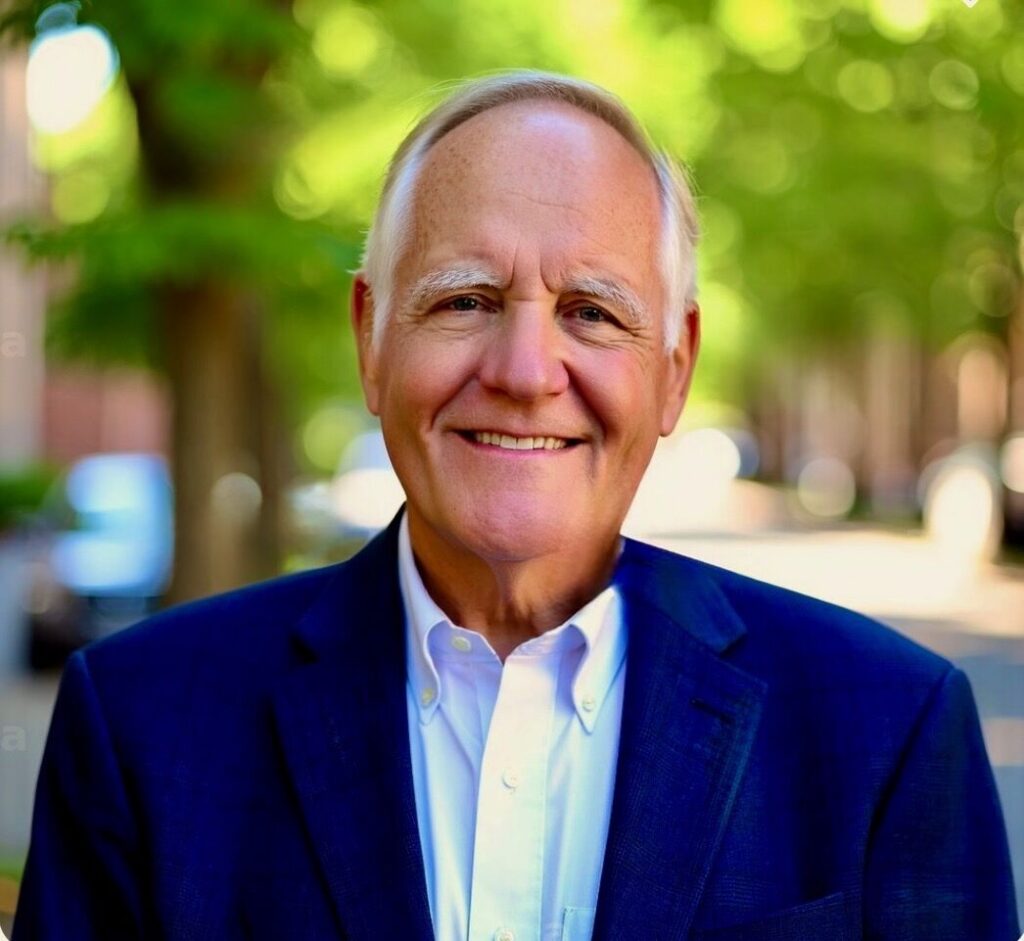Denver’s turnaround is already underway | SALAZAR


In Denver last week, U.S. Secretary of State Antony Blinken shocked many when he said the leading cause of death for Americans aged 18-49 is overdose by the opioid fentanyl.
He was in Denver for the Cities Summit of the Americas, a conference that brought together 250 mayors from across the Western Hemisphere for a discussion of common concerns, including the opioid crisis and its impacts on homelessness, crime and social disruption.
Secretary Blinken also visited Denver’s Crime Lab for a discussion with Denver Mayor Michael Hancock on how cities are contending with the opioid crisis. He singled out Denver as a city making innovative efforts to advance public safety.
That the secretary of state used his platform to highlight the opioid epidemic underscores the complicated international challenge Denver and other cities have been wrestling with post-COVID.
Stay up to speed: Sign-up for daily opinion in your inbox Monday-Friday
In addition to the fentanyl epidemic, the U.S. also suffers from an epidemic of gun violence. These problems did not begin in Denver, but neither issue is being ignored. In fact, Denver is leading (as Secretary Blinken noted) in solutions.
Critics who chirp “Denver is in Decay” or who claim public safety has been ignored with “benign neglect” are engaging in political rhetoric. Feeding cynicism and outrage is not new in politics. Bumper-sticker slogans are cheap and easy; finding solutions to problems that are deeply embedded in human frailty is much harder.
Though homelessness and housing affordability were top of mind with Denver residents in the 2019 mayoral election, other big issues were economic mobility, traffic, displacement (gentrification), and it often seemed to me a common complaint was Denver was growing too fast. No one had yet heard about COVID, and if the word “fentanyl” was ever mentioned in a mayoral debate, I don’t remember it.
Then, in 2020 a global pandemic shut down the world.
Then, the brutal racist killing of George Floyd, a tragic break in community and police relations that had many sad consequences, including a depletion in the ranks of police officers and those aspiring to become police officers.
Then, the so-called “great resignation,” with hundreds of people leaving jobs and downtown office spaces left vacant as people learned to work virtually.
Then came the epidemic of opioid addictions, heralding a new kind of public health crisis on top of the dislocations caused by COVID.
These compounding challenges have been at the center of attention for every city and metropolitan area in the last two years. Lay on top of this the escalating number of gun deaths and mass shootings that take place on a near-weekly basis in the United States, and it is no wonder people feel discouraged about the future.
I remain optimistic, however, and particularly so as it relates to Denver.
A year ago, Mayor Hancock announced a public safety action plan that called for recruiting and training more police officers. We are now up to 92% operating strength that doesn’t include 32 academy recruits and another class this month. If we haven’t completely turned the corner on recruitment, we are getting close – with kudos to Police Chief Ron Thomas and Public Safety Director Armando Saldate.
Denver is also the first city in the country to partner with the U.S. attorney (Cole Finegan) to add prosecutors for gun-related crimes.
Despite the political discomfort it created, Mayor Hancock called on the state legislature to make changes to a well-intentioned but disastrous law that loosened criminal penalties for possession of fentanyl. Thankfully the law was changed, and district attorneys now have tools to go after traffickers without a possession loophole.
The mayor’s insistence Denver craft a law enforcement strategy that combines public health and public safety has meant city agencies are not operating in separate silos. Sheriff Elias Diggins has pioneered expanding medically assisted treatment (MAT) so those jailed for possession have a recovery alternative to incarceration.
Denver’s innovative STAR program means clinicians and not police officers can respond to behavioral health problems, and a new AID center links low-level offenders with crisis-intervention services.
These programs and additional tools for law enforcement are beginning to make a positive change in our streets, and whoever is elected to serve as Denver’s next mayor will benefit from continuing this progress.
I am optimistic because the candidates, Mike Johnston and Kelly Brough, are pragmatists not driven by ideological extremes. They are very much in line with Mayor Hancock’s approach.
A new face will preside in City Hall when we finally turn the corner on opioid-related crime, but the seeds of future success are being sown today.
Alan Salazar is chief of staff for Denver Mayor Michael Hancock. Salazar has served as chief strategy officer for Democratic former Colorado Gov. John Hickenlooper; as chief of staff to former U.S. Rep. and later U.S. Sen. Mark Udall; as deputy chief of staff and policy director for former Colorado Gov. Roy Romer, and in key staff posts for former Colorado U.S. Sens. Tim Wirth and Gary Hart. He also served in senior-level positions in President Bill Clinton‘s election and re-election campaigns and in Hillary Rodham Clinton‘s 2016 presidential campaign.












